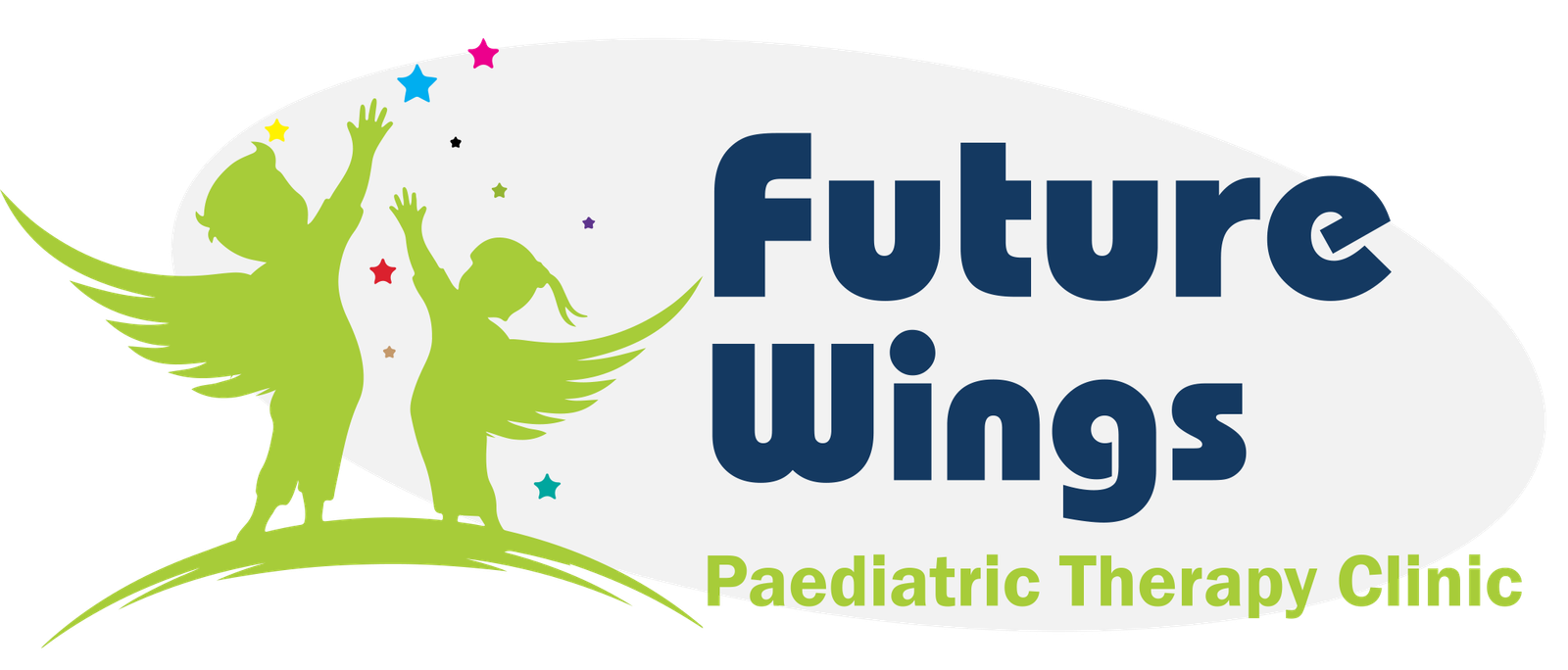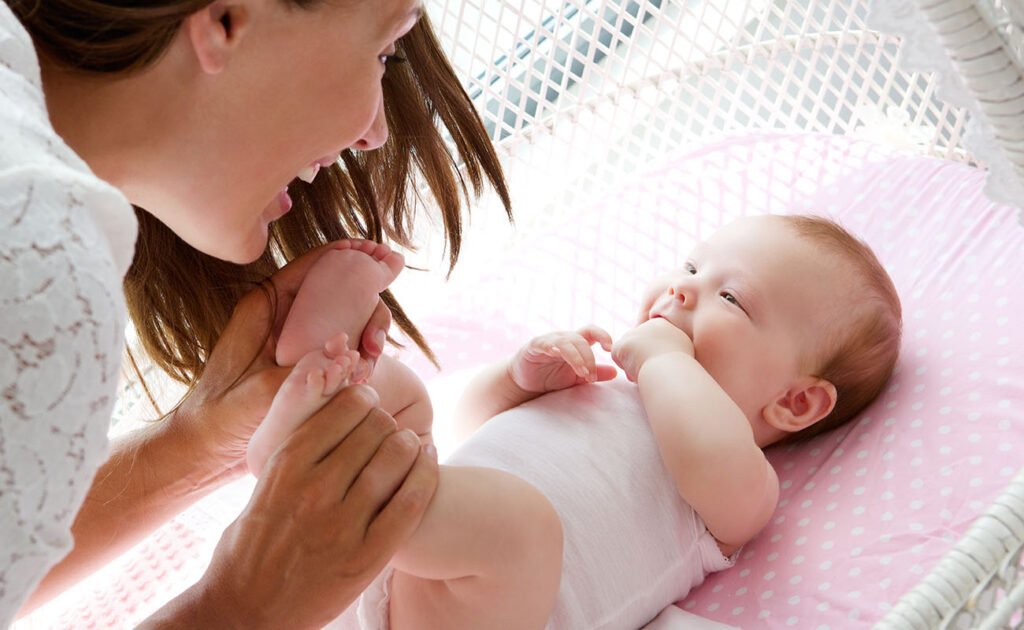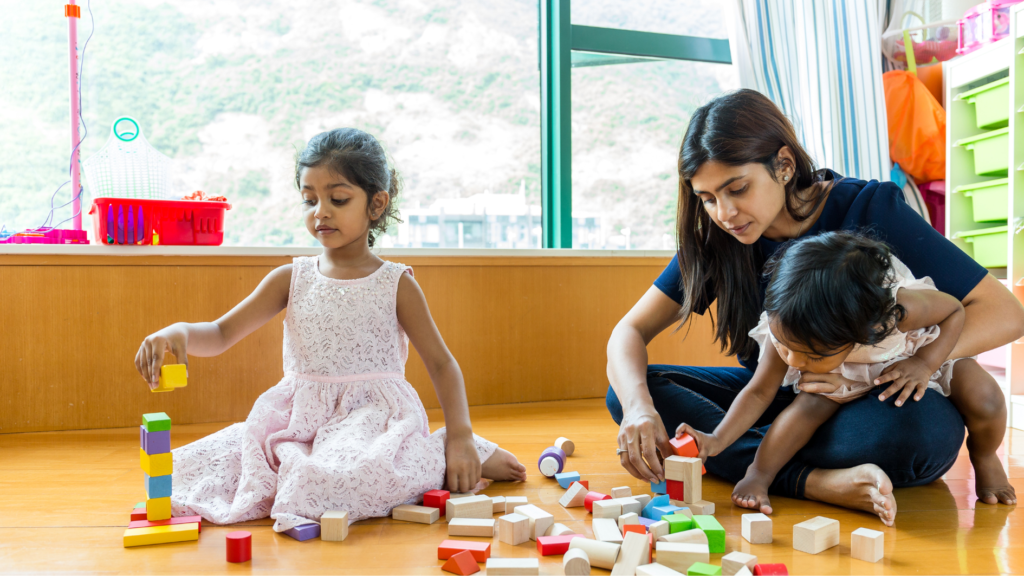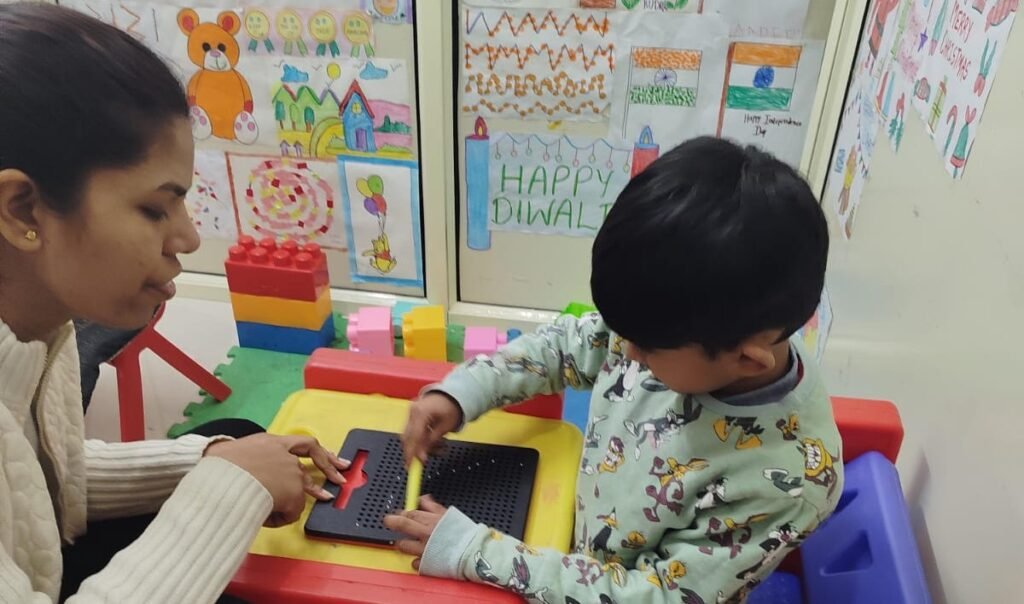Understanding Autism: It’s a Condition, Not a Disease
A common misperception regarding Autism Spectrum Disorder (ASD) is that it’s a disease that must be “cured.” However, autism is a neurodevelopmental disorder rather than a disease. Children with autism can flourish, learn, and acquire abilities that enable them to navigate the world in their special way with the correct direction, support, and interventions.
Autism cannot be diagnosed during pregnancy, in contrast to certain other medical problems. However, potential symptoms might be recognised much sooner by parents who are perceptive and knowledgeable about early developmental milestones. Additionally, the likelihood of developing successful interventions that enable a child to realise their full potential increases with the early detection of autism.
Early Signs of Autism: What to Look For
Although each child develops at their own rate, it may be time to get professional help if you observe certain behavioural patterns that don’t seem to fit with the normal developmental milestones. As early as six months to two years of age, some early indicators of autism can be seen.
Here are some key early signs parents should watch for:
- No Social Smile – Most newborns begin to smile in response to their carergivers (especially mothers) by the time they are 2 to 3 months old. A newborn may be showing early signs of autism if they do not smile socially or smile infrequently.
- Poor Response to Name – Babies typically react when their name is called by the time they are 6 to 9 months old. Your child may have delayed social and communicative development if they do not turn to face you or respond when their name is called.
- Fixed Play Patterns – Does your kid prefer to line up toys instead of using their imagination to play with them? It could be an early indication of autism if they appear unduly preoccupied with organising things rather than participating in pretend or interactive play.
- Lack of Eye Contact – This is an important aspect of social connection. During talks or interactions, children with autism frequently avoid eye contact or find it difficult to maintain.
Autism is a way of being. It’s not something you get over. It’s part of the tapestry of who you are.
Michelle Garcia Winner
- Hyperactivity or Restlessness – Some autistic children exhibit extreme hyperactivity, running around all the time or appearing to be unable to sit still. Although many children exhibit hyperactivity, it may be a marker of autism if it coexists with other symptoms.
- Visual Stimming – Children with autism may do repetitive visual behaviours like watching lights flicker, staring at spinning objects, or repeatedly focussing on moving hands.
- Hand Flapping or Other Repetitive Movements – Self-stimulatory behaviours, such as rocking, spinning in circles, or flapping one’s hands, are common among children with autism. Although these motions aid in their regulation of sensory input, they may also be early warning signs of autism.
Recent Posts
- How Occupational Therapy Helps Special and Neurodiverse Children Lead Self-Dependent Lives
- How Occupational Therapy Helps Children With Special Needs In Developing Essential Life Skills
- Top Features of an Effective Speech Therapy for Kids
- Top Five Benefits of Enrolling in Special Education for Kids
- Early Signs of Autism – What Parents Need to Know
What Should Parents Do Next?
- Speak with an Expert: For an expert evaluation, get in touch with a developmental paediatrician or neuro-paediatrician.
- Begin Early Intervention Therapy: If autism is suspected, your child can benefit from early intervention programs with occupational and speech therapists to improve critical social, motor, and communication skills.
- Show patience and support: Each child is different. Children with autism can live happy, purposeful lives if they receive the proper therapies, interventions, love, and support.
Final Thoughts
As a parent, trust your instincts. If something feels different about your child’s development, don’t hesitate to seek help. The earlier autism is identified, the better the outcomes for your child’s growth and progress.
As a parent, trust your instincts. Don’t be afraid to ask for support if something about your child’s growth seems off. The sooner autism is detected, the better for your child’s development.
Do you need professional advice? For a consultation, come to Future Wings Clinic or send us a direct message!






[…] a spoon can improve their hand control and motor planning. The sensory thresholds of children with autism spectrum disorders and other neurodevelopmental disorders might vary; they may be too sensitive or too unresponsive to […]
Comments are closed.